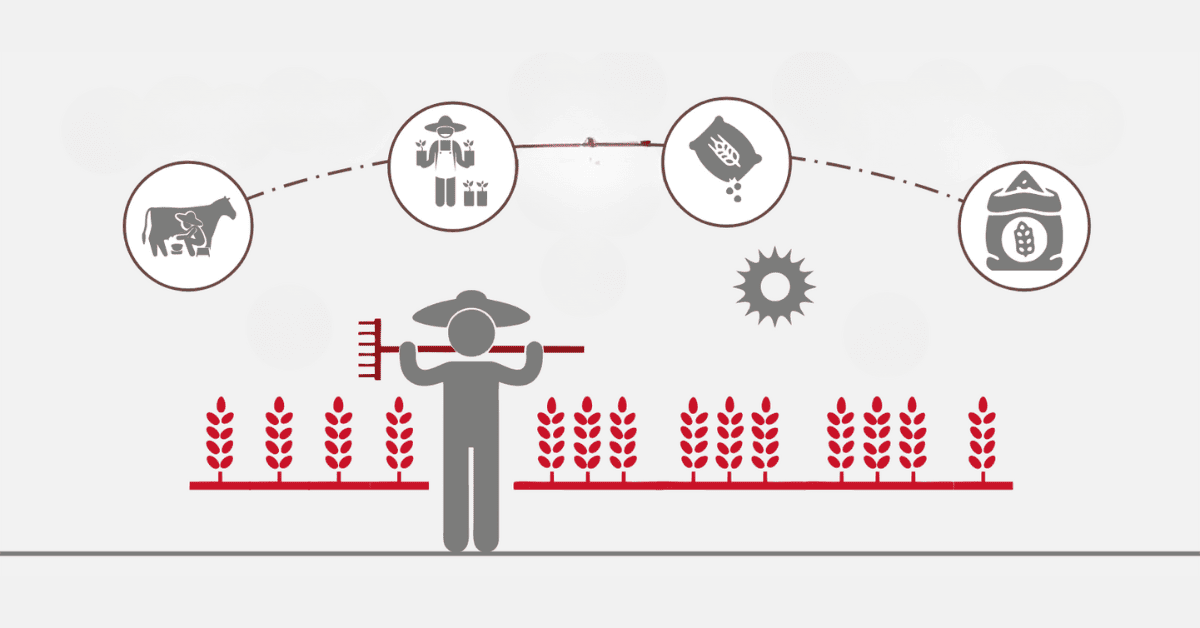Life cover is typically viewed as a financial provision for loved ones. In South Africa, the cover is to give the beneficiaries a lump sum in case of the policyholder’s death. That being said, however, if the death resulted due to suicide, it is more complex. Special rules and conditions are applied to decide if the cover will pay out.
Will My Life Insurance Pay Out If I Commit Suicide?
South African life insurance policies will compensate in the event of death by suicide, but are subject to a couple of special conditions. Suicide exclusion clauses, typically a period of the first two years of the insurance period, are applied by most insurers. During the first period, in the event of the policyholder’s suicide, the claim will generally not be paid by the insurer. Insurers do this so that people won’t buy life insurance knowing they will kill themselves soon, and hence leave funds to the beneficiaries. After two years of the exclusion period, suicide is treated the same as any death. Generally, when everything is in order, the payment will be made, given that all of the other insurance policy conditions were fulfilled.
Another factor that comes into the picture is the comprehensive disclosure of the mental history of the policyholder at the time of the application. If an individual recorded a history of mental illness or a history of suicide attempts and failed to declare the same, the insurer will deny the claim even if the death occurs beyond the two-year exclusion period. Insurers treat the mental history as risk-related, and failure to declare the same will attract charges of misrepresentation or nondisclosure. But when the medical history was stated fully and in totality, and the suicide took place post the exclusion period, insurers are bound by law to pay the claim.
What are Exclusions?
Life insurance exclusions are situations or conditions when the insurer will not pay a claim. They are defined in the policy’s wording and aim to protect insurers from high-risk or anticipated situations outside their target cover. Examples of exclusions include death by suicide in the first two years, death engaged in criminal acts, and, in some cases, even death due to hazardous work or excessive sporting activities, depending on the risk attitude of the insurer. In most cases, they are legally enforceable if they were precisely spelled out and agreed upon when the policy was signed.
For suicide, for instance, the exclusion would be that if the policyholder commits suicide during the exclusion period, typically two years after the start of the policy, then the insurer can rightfully reject the claim. They don’t want to seem heartless and unjust, they just have a risk model they use in business that they base the exclusions on, so they will even refund the premiums up to the exclusion time, even though the entire death benefit will not be given in the case of a claim being rejected due to an exclusion.
Why is the Suicide Exclusion There?
Suicide exclusion in life insurance is a protection of insurers against deliberate exploitation of cover. Without the clause, there is a genuine risk of people buying policies in the knowledge that they will then kill themselves a short time afterward to leave inheritances to their families. It might sound complex and brutal, but it reacts to a genuine moral hazard risk. Life insurance is founded on the assumption that the life insured will not intentionally want to die, and the risk of death will be a surprise. To have a suicide exclusion clause is in line with this assumption and keeps premiums low for everyone.
This also provides a time lag during which the insurer can more reasonably estimate the policyholder’s risk profile. If, during this period, the policyholder conceals a history of mental ailments or suicidal behaviors, the insurer can investigate and revoke the policy under the provisions of nondisclosure. This protects the business viability of insurance companies so they can operate effectively in the future.
As an added incentive, it discourages snap decisions under emotional heat. Knowing that it will lead to a denied claim can deter some people from doing so. There is no alternative to mental health treatment, but perhaps a second thought for a person who needs it. Mental illness is a complicated thing, and choices made under its control are not always logical, but a system that will provide a second thought to someone can be effective nonetheless.
Does the Suicide Exclusion Ever Get Reinstated?
Most South African life insurance policies’ suicide exclusion lasts only two years of the term of the policy. In specific situations, though, the exclusion period will restart or become effective again. Most often, a reinstatement is the cause when the policy lapses due to a missed payment and then is reinstated. Coverage is no longer continuous, and insurers can treat it as new. This will enable the two-year suicide exclusion period to start once more, effective on the date of the reinstatement.
Another situation likely to trigger a restart of the exclusion period is when the policyholder changes the policy. This can include raising the sum assured, changing the type of cover, or changing insurer to another company. In these circumstances, insurers will likely view the changes as a new contract, and normal exclusions, including suicide, will restart. It is worth asking your insurer or broker if changes you make will trigger a restart of exclusion conditions.
Even when the policyholder keeps paying premiums but fails to go to a renewal or renew declarations that are due, new exclusion clauses can be added by insurers. Less frequently occurring, but also a consideration, it validates the benefit of having a continuous and open communication channel with the insurer. Even a one-month gap in coverage triggers new provisions requiring the imposition of the exclusion clause in the case of suicide.
To avert confusion or financial difficulty on the part of the beneficiaries, the insureds need to work to keep policies in effect and avert lapses. Insureds must request the insurer, in writing, to notify them whenever they change coverage.
Final Thoughts
Life insurance is integral to planning your family’s financial future, even during mourning. Life insurance in South Africa also does pay out in the case of suicide, subject to conditions, provided the conditions of the policy are fulfilled, and there’s full disclosure at the start. Such a condition is in place to avert abuse and serve the interests of the insurer and the policyholder, but it can be reset if your policy lapses or changes.














